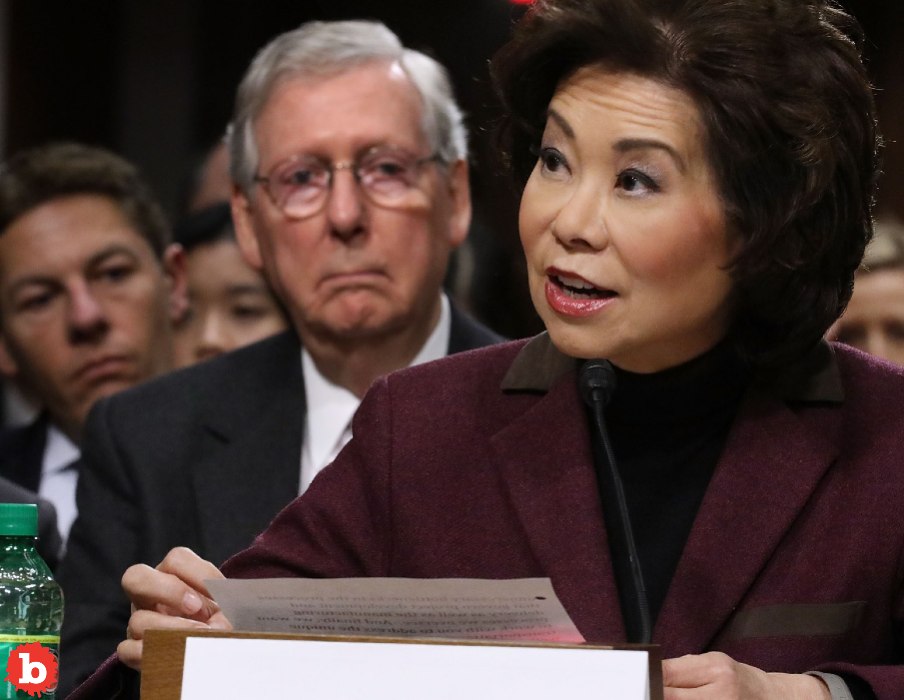MITCH MCCONNELL, MARRIED TO AN ASIAN WOMAN, VOTES AGAINST RFMA PROTECTING INTERRACIAL MARRIAGE
This week, Mitch McConnell voted against the Respect for Marriage Act (RFMA), the bill that would provide Federal protection for same-sex and interracial marriage. This is a little bit awkward, as Mitch McConnell is married to Elaine Chao, the former US Secretary for Transportation. And while that’s not awkward, the fact that she is an Asian woman is. But there’s no escaping the fact that a United States male senator who is married to an Asian woman (as in, not white by any means) voted against a bill that would codify federal protection for other white men to do the same. Without being a Senator, of course.
Read More: 50-Year-Old Finishes Marathon in China While Chain Smoking
MCCONNELL MORE THAN LIKELY NEVER WANTS TO SHOW ANY SUPPORT FOR SAME-SEX MARRIAGE, EVER
At first blush, this seems to be a piece of hypocrisy that it is shocking to even see McConnell dish out. That’s mutable, and I’d say strongly arguable. But the RFMA is a bill with teeth, that would repeal the 1996 Defense of Marriage Act, and would require all states to recognize marriages that are valid in the states the marriages took place. In other words, if a same-sex married couple who were married in Hawaii moved to, say, Kentucky near McConnell, Kentucky would have to recognize their marriage as legal tender. But that’s likely the rub for McConnell: same-sex marriage.
Related:
DESPITE MCCONNELL, RFMA STILL POSSIBLE AS PROTECTION FOR SAME0-SEX MARRIAGE
The RFMA is likely needed because this current United States Supreme Court is packed with rightwing socially-conservative idealogs. I mean, there are more conservative Christian bigots than not. And that means the Supreme Court could overturn the legalization of same-sex marriage nationwide. The RFMA is aimed to make that moot, and protect both same-sex marriage and interracial marriages everywhere in the United States. So far, the bill is still alive, where despite McConnell not voting for it, moved forward after a 62-37 bipartisan vote.






